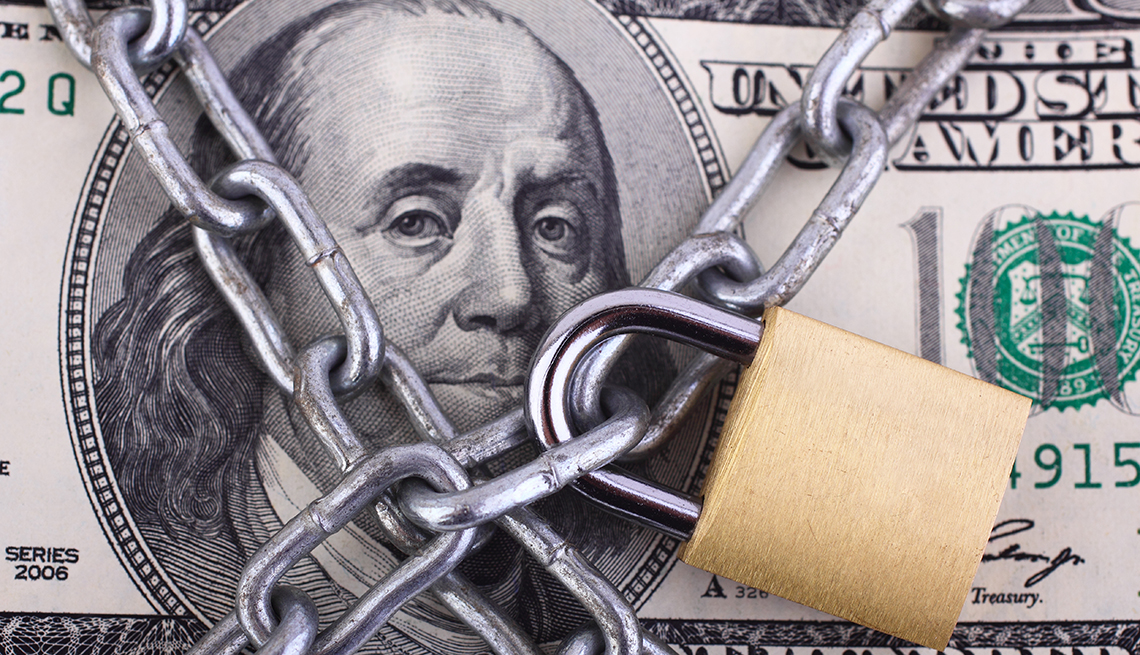Staying Fit
Older Americans gained a new defense against financial exploitation with the inclusion of the Senior Safe Act in a bipartisan banking reform package that President Trump signed Thursday.
The measure enlists financial institutions as allies in the fight against financial abuse of older adults by allowing banks, credit unions, investment advisers and brokers to report suspected fraud to law enforcement without fear of being sued, as long as they have trained their employees in how to detect suspicious activity.


AARP Membership— $12 for your first year when you sign up for Automatic Renewal
Get instant access to members-only products and hundreds of discounts, a free second membership, and a subscription to AARP the Magazine.
Under current laws, concerns about lawsuits resulting from false claims of fraud or abuse can discourage banks from reporting that an older adult might be the victim of fraud. The new law formalizes the ability of banks and other financial providers to report such suspected abuse.
The Senior Safe Act, modeled on a program by the same name in Maine, will “empower and encourage our financial service representatives to identify warning signs of common scams and help prevent seniors from becoming victims,” says Sen. Susan Collins (R-Maine), who authored the Senate version of the measure with Sen. Claire McCaskill (D-Mo.).
One in five older Americans are victims of financial exploitation each year, according to a 2016 report by the AARP Public Policy Institute. The researchers found that these victims lose $3 billion annually, or more than $120,000 apiece, “the amount a typical 50-plus household has in retirement savings.”
Members of the older population are targeted not only because they have accumulated $18 trillion in assets (67% of all U.S. bank deposits), according to AARP, but also because they are more likely to suffer from problems with memory and judgment, making them vulnerable to fraud. Many of the losses go unreported.
“Elder abuse is an often-hidden phenomenon that affects hundreds of thousands of seniors, and financial exploitation is the most prevalent form of elder abuse,” Joyce Rogers, AARP senior vice president of government affairs, wrote in a letter to Collins and McCaskill endorsing the legislation.
The Senior Safe Act can help encourage more financial institutions to take steps to protect older Americans from these crimes, according to AARP, which has launched its BankSafe initiative to educate financial institutions to detect and combat abuse.
































































